THE ACADEMY SAFEGUARDING TEAM
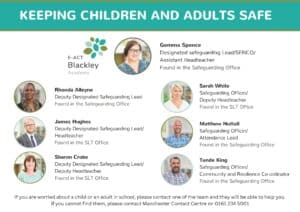
At E-ACT Blackley Academy we are committed to keeping our students safe both within academy grounds and out in the wider community. We regard safeguarding as our main priority. We believe that we all have the right to be happy, to be safe and to learn and we all have a responsibility to make this happen.
The safety and welfare of all our students is of the utmost importance to us. Safeguarding is about ensuring that everyone is safe from harm – safe from bullying, safe from people who could abuse, safe from discrimination or harassment and that we all feel safe in our environment.
If you have any concerns about the welfare of yours or another child please talk to any teacher at the academy, or you can speak directly to a member of the academy’s safeguarding team.
The Academy’s Duty of Care to keep all students safe
- The Academy aims to ensure that appropriate action is taken in a timely manner to safeguard and promote children’s welfare.
- That all staff are aware of and understand fully their statutory responsibilities with respect to safeguarding.
- Staff are appropriately trained in recognising and reporting safeguarding issues.
- Safeguarding and child protection is everyone’s responsibility.
The Academy’s Open-Door Policy so that Students can access support and guidance at all times:
- At E-ACT Blackley Academy we adopt an open-door policy to ensure that all students feel supported at all times and we aim to support all barriers to learning through our inclusive approach.
- Staff and children are welcome and encouraged to come directly to the Safeguarding, Pastoral or Senior Leadership Team, whilst parents are encouraged to call us, or attend school, if they have any suggestions of concerns.
The Academies work with external agencies and professionals for specialised support where needed:
- As a Manchester located E-ACT Academy we work with a wide range of external agencies such as Manchester’s MASH Team, MIND, Healthy Young Minds, Police and many more services to ensure we provide a fully inclusive holistic approach for each child as and when required.
Any safeguarding issues, please call Miss Spence or a member of the Safeguarding Team on 0161 740 2185
Our Team:
Miss Gemma Spence – Designated Safeguarding Lead/SENCO
Email: Gemma.spence@eba.e-act.org.uk
Miss Rhonda Alleyne – Deputy Designated Safeguarding Lead
Email: Rhonda.alleyne@eba.e-act.org.uk
Mrs Sharon Croke – Deputy Designated Safeguarding Lead/Deputy Head
Email: Sharon.Croke@eba.e-act.org.uk
Mr Matthew Nuttall- Safeguarding Officer/Attendance Lead
Email: Matthew.Nuttall@eba.e-act.org.uk
Mr Tunde King- Safeguarding Officer/Community Support/Early Help Lead
Email: Tunde.King@eba.e-act.org.uk
Mr James Hughes- Safeguarding Officer/Headteacher
Email: James.Hughes@eba.e-act.org.uk
Mrs Sarah White- Safeguarding Officer/LAC Lead
Email: Sarah.White@eba.e-act.org.uk
USEFUL LINKS
Keeping Children and Adults Safe in Education
Working together to safeguard children
If you are worried about a child who may be suffering from harm you can make a referral to Children services. You can contact them by telephone 0161 234 5001 or by email mcsreply@manchester.gov.uk
If you are worried a child is being sexually abused telephone the police straight away on 999.
Keeping Children Safe in Education is a new statutory guidance and replaced the governments previous safeguarding guidance. Guidance commenced September 2023. The guidance applies to all schools and colleges.
It covers safeguarding information for all staff and how schools should manage safeguarding, as well as important things, such as safer recruitment of staff. It explains that everyone who comes into contact with children and their families has a role to play in safeguarding children.
It also includes guidance on what to do if you are worried a child is being abused. Parent/Carers interested in the guidance can find it here: KCSIE
Designated Safeguarding Lead (DSL)
This is the senior member of staff with the responsibility for safeguarding in the organisation who reports to the headteacher. The designated safeguarding lead at E-ACT Blackley Academy is Miss Gemma Spence.
The role of the DSL is to oversee and manage referrals. This includes referring all cases of child abuse to the Local Authority Children’s Social Care and Health. Her role is to work with Headteacher and inform him of issues including ongoing enquires.
Our DSL is very well supported by the schools nursing team, who has an important role in safeguarding. Our school liaison Police Officer, PC Gary Lil gives us significant support and advice.
Practical safeguarding advice for parents/carers there may be times, as a parent/carer when you need advice, help advice or information when caring for your child. In addition to your child’s teacher or phase leader, the key staff that can help you are Miss Gemma Spence and Miss Rhonda Alleyne.
Online safety the NSPCC recently released a campaign aimed at parents of children between 8-12 to give them the information and confidence they need to have a conversation about safe-sharing online.
The evidence shows that from these ages onwards, children begin to use more devices to access the internet, as well as being more active and independent online. The goal of the campaign is to help any parents feeling they need support to get to grips with their child’s online activities.
The NSPCC worked with parents to establish their concerns. A panel of more than 500 parents from Mumsnet and 1850 young people assessed and tested a number of websites on criteria, such as their reporting mechanisms, privacy settings and prevalence of inappropriate content.
If a child is suffering from anxiety/depression/self-harm or having suicidal thoughts you can telephone the NSPCC (National Society for the Prevent of Cruelty to Children) on 0808 800 5000 or Cahms ( Child and adolescent Mental health service) on 0161 203 3250
Children are taught how to keep themselves safe online through a combination of assemblies and lessons from their class teacher.
In particular, children are shown how to:
- use technology safely, respectfully and responsibility
- recognise acceptable/unacceptable behaviour online, such as cyberbullying
- keep passwords and personal information safe
- report when they feel unsafe
- understand their online presence and how to be in control of their own privacy
We understand that it can be overwhelming to keep up-to-date with new technologies so we highly recommend using the resources below to keep your children safe online.
We have a range of printed guides within school that explain how you can keep your children safe online. Please speak to Lucy if you would like a copy or you would like to attend our parent workshop on keeping your children safe online.
Resources
Know IT All is a set of resources developed by Childnet International at website: http://www.childnet-int.org/kia
Thinkuknow – for advice from the National Crime Agency to stay safe online
This video from Internet Matters explains how to apply parental restrictions at home.
This wizard from Internet Matters guides you through the process of applying parental restrictions at home to many different types of devices, from mobile phones and tablets, to broadband routers and apps.
Net Aware from the NSPCC is a website that lists many apps that children use. It explains their risks and how you can keep children safe if they’re using them. Click here to view the website.
MOMO Challenge
For information regarding the MOMO Challenge and keeping your child safe, please visit this link
MOMO Challenge: Downloadable resource
Worried about Youtube?
During our last E-Safety parental workshop, many parents raised their worries about their children using YouTube at home. We also share these anxieties and so we’ve looked into some possible options to help you. The best way to ensure your children on safe online is to encourage them to use their devices within shared family areas and to openly talk to them about the dangers.
The simplest option (for tablets and phones) — YouTube Kids
Simply install the app on your children’s devices and remove the adult-version of YouTube. Your children will only be able to access specially selected content for their age group. The adverts are also suited towards children.
See more information about YouTube Kids at https://www.commonsensemedia.org/app-reviews/youtube-kids.
Setting Up Parental Controls on Youtube (For Laptops and Computers)
This involves signing into YouTube and setting up parental restrictions. You can then see what your children are looking at. There are more instructions on how to do this at https://www.internetmatters.org/controls/interactive-guide/YouTube/.
Alternatively, look at this video for a brief guide on how to do this.
The NSPCC Share Aware campaign has useful facts and advice for Parents/carers: https://www.nspcc.org.uk/preventing-abuse/keeping-children-safe/share-aware/
The NSPCC provide excellent parent and student support about protecting yourselves online. Especially during lockdown periods, or school holidays, it is really important to ensure you KNOW the signs of e-safety risks, like grooming, exploitation or cyberbullying, you actively LOOK for things like changes in behaviour, or secretive screen time, and then ACT to ensure you protect and potentially save your child or yourself from Online Harm. For more information about to protect individual devices, from parent locks and controls, to understanding the risks and dangers around online devices and the internet, please see https://www.internetmatters.org/ where you can pick your child’s device and it will give you a step-by-step guide to support
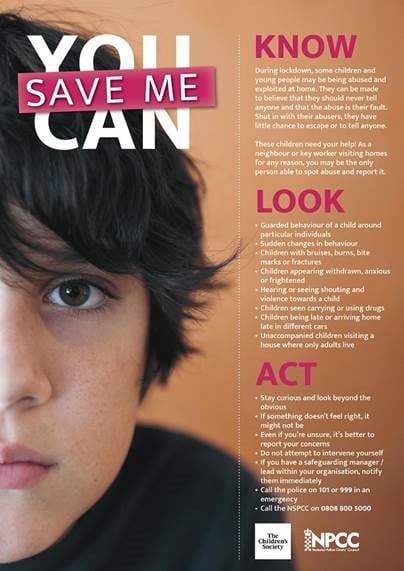
Mental Health
We know that our students need to be healthy, and this includes their Mental health – how we think and how we feel. Mental health can also be known as our emotional wellbeing. We all have a mental health – whether it is great, not good or in the middle.
One of the most important parts of being an EPIC character is keeping healthy. At our academy, one of our mottos is “the first health is wealth”. Our emotional wellbeing can impact everything around us, meaning it impacts home life, social lie and educational or work life. We aim to educate our students on how to positively impact their emotional health and providing a safe space for our young people to talk is paramount to us.
“Conversations change lives”
At E-ACT Blackley Academy, mental health and wellbeing is a priority and influences everything we do. We understand that conversations change lives which is why we want to remind all staff and students that our doors are always open.
Our doors are open to listen, support and act in prioritising staff and student wellbeing across the academy. Working alongside our pastoral team who support some of our most vulnerable students.
It is really important to remember that mental health, wellbeing and illness, impacts all our lives, regardless of age, gender, race or position in life for example – it does not discriminate or reflect on a person’s character in any way. It is key, that to help yourselves, your family and perhaps your peers, that you look after yourself.
Our Academy top tips:
1) Stay connected
Remember you are not alone and stay connected with families and friends. Talking to someone about how you are feeling could make a massive difference.
2) Changing your environment
A small change from your bedroom, to the living room or the kitchen can make a difference in our minds.
3) Get regular exercise
A daily walk in the local park can go a long way.
4) Release your creativity and try something new
Having a goal to work towards is a great way to boost morale. REMEMBER: To take everything at your own pace
5) Be kind to yourself
ASIST is supported by the organisation Papyrus, who are a national charity dedicated to preventing Youth Suicide. Please find attached below a quick insight into their work, but you can locate further information at https://www.papyrus-uk.org/
Please remember that you are ever concerned that you, or someone you know, may be about to, or has, physically hurt themselves through self-harm or suicide, that you alert the school (if the student is on site) immediately, or by calling 999.
Specific support for suicide and self-harm can be found at:
42nd Street: 42ndstreet.org.uk
Support and advice for young people’s emotional health and wellbeing
National Suicide Prevention Helpline UK: 0800 689 5652 offers a 24/7 supportive listening service to anyone throughout the UK with thoughts of suicide or thoughts of self harm.
Shout – National Crisis Text service – Text Shout 85258 – it is free of charge
www. Stayingsafe.net – a useful, kind and compassionate online tool for anyone feeling suicidal.
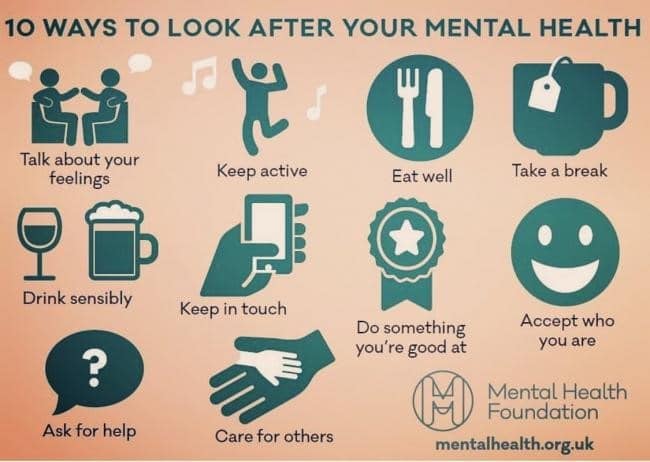
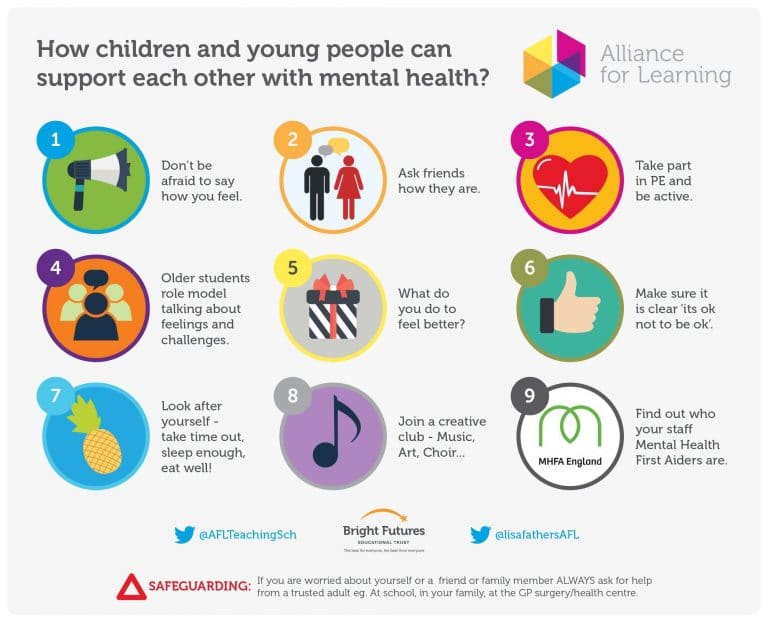
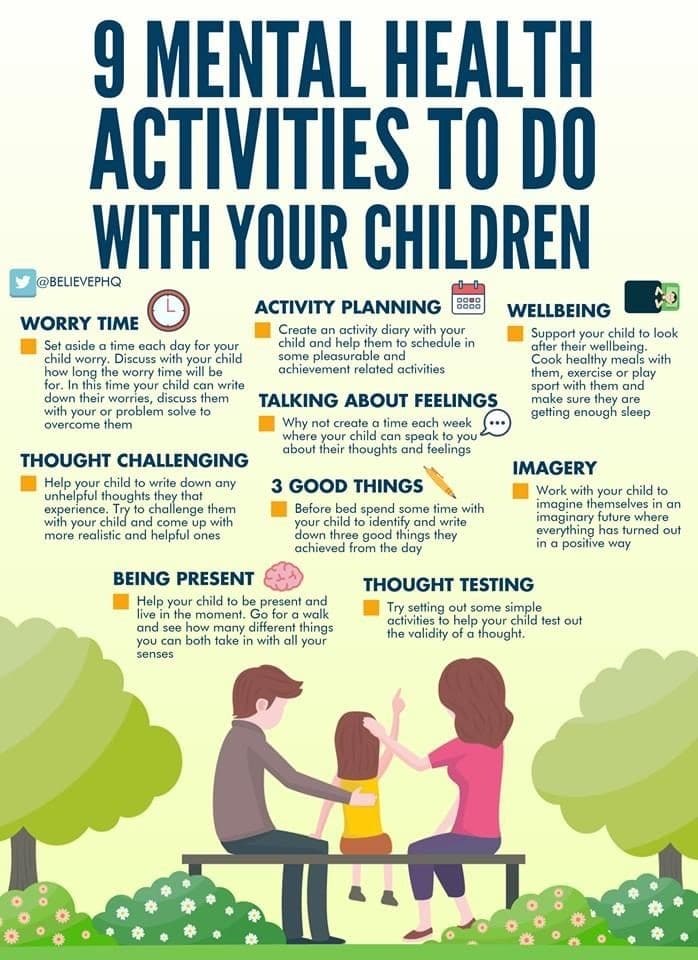
Serious Youth Violence
Serious Youth Violence can be defined as when groups of young people come together to perpetuate violence to each other, or the community. It often involves wider criminal activity, such as gangs, exploitation, knife and gun crime.
Each of these have more insight on this page, but to find out what Serious Youth Violence is, and what can make students more likely to be impacted, please see the attached video: https://youtu.be/Kjj27IFU3DA . More insight about knife crime in particular can be found on the following video: https://youtu.be/NEv_0eFrnoM
Signs of Serious Youth Violence:
If a student has become withdrawn from the family and school, changed their behaviour, achievement or school attendance…If they might have lost interest in hobbies and old friends and now hang around with a new group, staying out late and being vague about where they go…if they have become secretive and defensive, particularly about what’s in their bag.
That might have even told you that they need to carry a knife.
If any of this looks familiar, it is really important that you gain support.
Gaining Support:
To tackle youth violence, it is really important that communities work together; schools and parents link together to make each other aware of any concerns they have about students or children, they gain support in school, but also from an external agency, such as Youth Offending Team, or Compass Support (Anti-Knife Crime) or Heal Hub. You can contact or refer to these services via the school, and when done so, it is all voluntary.
A great source of support for students and parents of Knife Crime in Particular is the James Brindley Foundation, under their campaign #Lifeorknife https://jamesbrindleyfoundation.co.uk/lifeorknife/
Specific support for parents can be gained from Victim Support: a national charity that can help you and your child if they have been a victim of knife crime, or any element of Serious Youth Violence. The support line is free and open 24 hours a day, seven days a week – 08 08 16 89 111 https://www.victimsupport.org.uk/
There is also https://www.familylives.org.uk/ : a national charity that works for and with parents, giving advice on all aspects of parenting. Their free helpline is open Mon-Fri: 9am-9pm, Sat-Sun: 10am-3pm – 0808 800 2222.
The best thing you can do to help your child, yourself, your family and community is to share you worries and allow support to help you all.
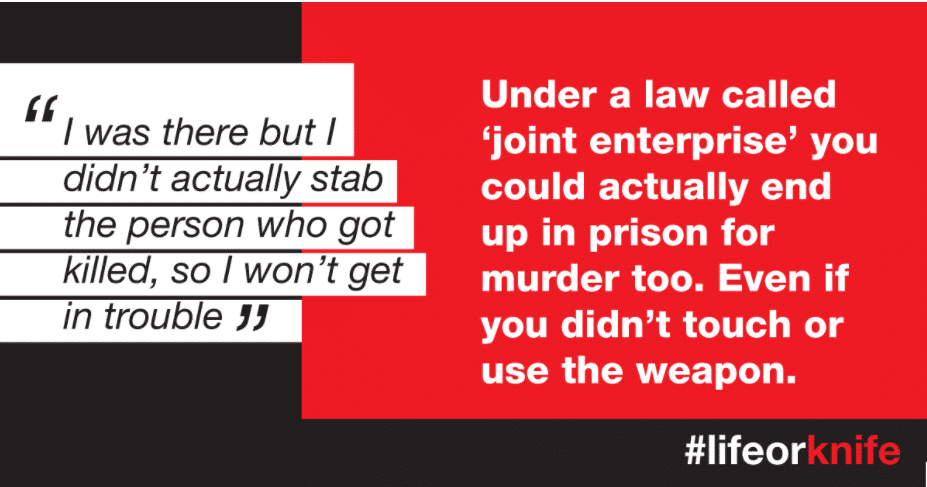
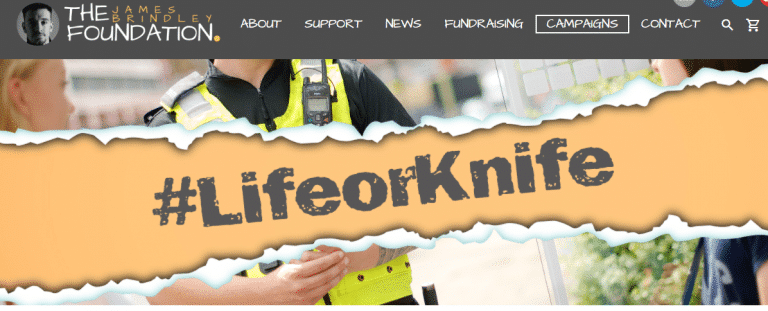
Online Grooming
Online grooming is where someone befriends a child online and builds up their trust with the intention of exploiting them and causing them harm. Harm caused by grooming can be sexual abuse, both in person and online, and exploitation to obtain sexually explicit images and videos of the child.
Please see the links below for more information:
https://www.youtube.com/watch?v=WusIPf1viis
| Online grooming – what parents need to know
Grooming is when someone seeks to build an emotional connection with a child to gain their trust for a sexual purpose. Learn how to protect your child from online predators and help them make smarter and safer choices online, visit our hub for more advice: https://www.internetmatters.org/issues/online-grooming/ |
https://www.internetmatters.org/resources/online-grooming-guide-what-parents-need-to-know/
| What is online grooming? A guide for parents | Internet Matters
Learn the signs of online grooming, how to support a child who is victim of grooming and resources where you and your child can get support. |
Sexual Violence and Harassment
What is sexual harassment?
Sexual harassment is any kind of unwanted behaviour of a sexual nature that makes you feel humiliated or intimidated, or that creates a hostile environment.
When someone calls you insulting sexual names, talks about you in a sexual way that makes you feel uncomfortable (like commenting on your body), or spreads sexual rumours about you, that’s sexual harassment. It can happen in person, over the phone, or online.
Sexual harassment can make you feel anxious, depressed and lead to other problems, such as difficulties sleeping.
‘Everyone’s Invited’ – Support
Many of you will have seen media coverage of a website called ‘Everyone’s Invited‘
At North Birmingham Academy, we continue to proudly promote a culture that fosters respect and healthy relationships, and challenges abuse of all kinds. We are encouraged by the fact that Ofsted will be reviewing safeguarding practices in schools across the country as a result of ‘Everyone’s Invited’.
As an Academy we will always:
- -Enable all children to report concerns freely and in the knowledge that they will be taken seriously
- -Challenge any form of derogatory language or behaviour
- -Ensure our curriculum helps to educate pupils about appropriate behaviour
- -Work with external agencies where appropriate to ensure the right support is in place for all
- -Work with external agencies where appropriate to ensure the right support isin place for all
We would also like to highlight some of the support available to you. In addition to contacting us here at the academy at any time, the NSPCC has recently created a helpline (0800 136 663) for parents/carers and young people, and they can also be contacted via help@nspcc.org.uk.
The following websites also provide additional information and support:
Exploitation
Child Criminal Exploitation
Criminal exploitation is also known as ‘county lines’ and is when gangs and organised crime networks groom and exploit children to sell drugs. Often these children are made to travel across counties, and they use dedicated mobile phone ‘lines’ to supply drugs.
You can find more information about Child Criminal Exploitation, including signs and where to get help from:
- https://www.childrenssociety.org.uk/what-is-county-lines
- https://www.nationalcrimeagency.gov.uk/what-we-do/crime-threats/drug-trafficking/county-lines
- https://www.fearless.org/en/campaigns/county-lines#
Child Sexual Exploitation
Child Sexual Exploitation (CSE) is a type of sexual abuse. When a child or young person is exploited they’re given things, like gifts, drugs, money, status and affection, in exchange for performing sexual activities. Children and young people are often tricked into believing they’re in a loving any consensual relationship. This is called grooming. They may trust their abuser and not understand that they’re being abused.
You can find more information about CSE, including signs of CSE and where to get help from:
- https://www.nspcc.org.uk/what-is-child-abuse/types-of-abuse/child-sexual-exploitation/
- https://www.nhs.uk/live-well/healthy-body/how-to-spot-child-sexual-exploitation/
- https://www.barnardos.org.uk/what-we-do/protecting-children/cse
Self Generated Prevention Campaign












